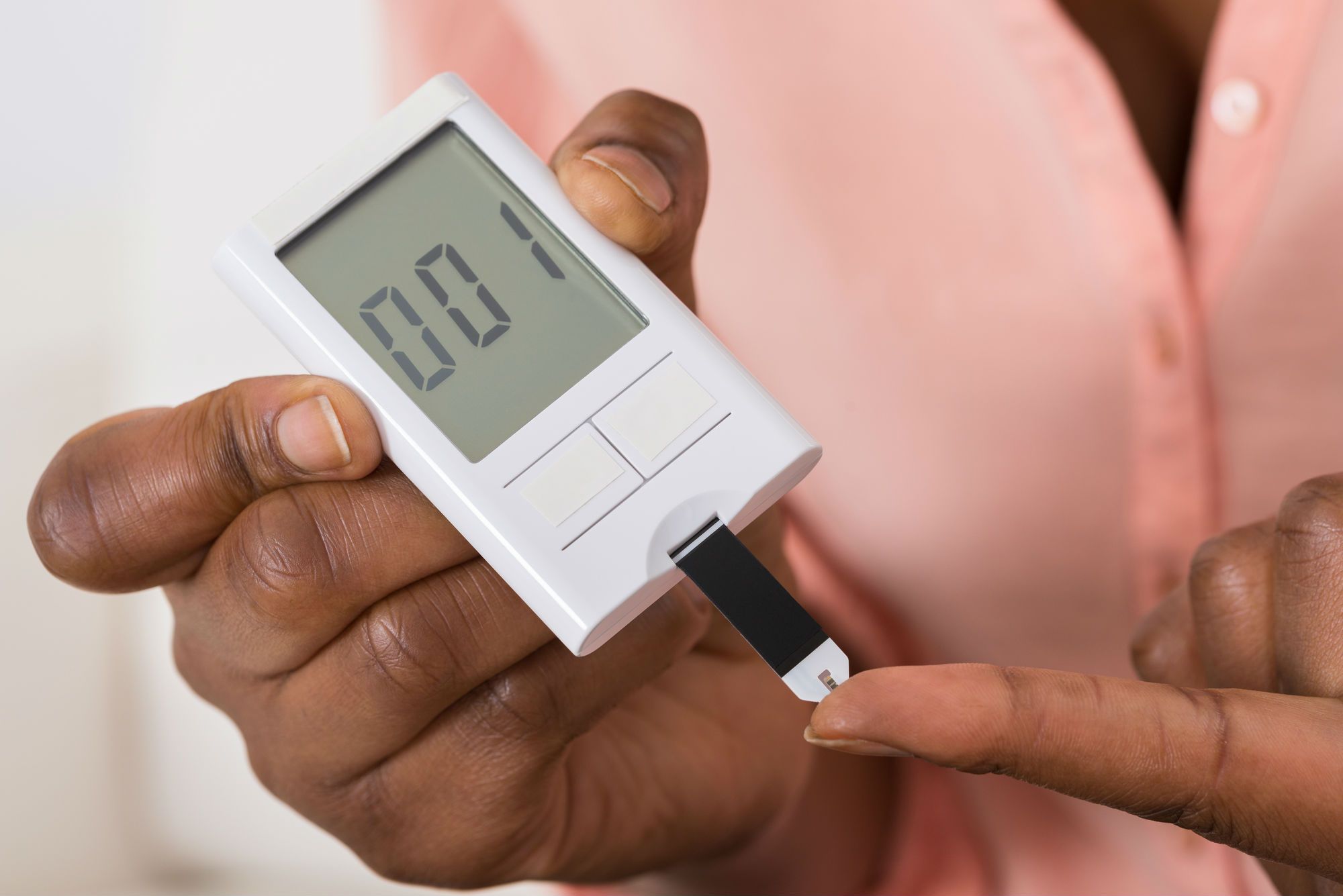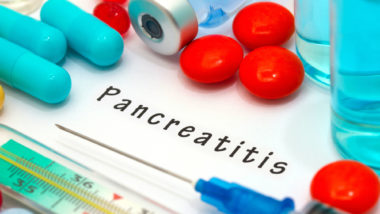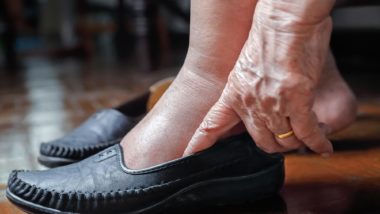Top Class Actions’s website and social media posts use affiliate links. If you make a purchase using such links, we may receive a commission, but it will not result in any additional charges to you. Please review our Affiliate Link Disclosure for more information.
Although people may have heard of Actos’ dangerous side effects, they may not know exactly why the drug has warranted new warnings.
What is Actos?
Actos (pioglitazone) is a diabetes medication that is part of the thiazolidinedione or “glitazones” drug class. The drug helps to treat high blood sugar by restoring the body’s ability to properly respond to insulin. An improved response to insulin helps lower blood sugar by making it easier for glucose to be absorbed into the cells.
Diabetes drug Actos may be used in conjunction with another diabetes drug such as metformin. Additionally, a meal plan and exercise program may be recommended with the medication in order to provide comprehensive diabetes treatment.
Side effects of Actos may include sore throat, muscle pain, weight gain, and tooth problems.
Why is Actos Dangerous?
Research shows that what makes Actos dangerous may be an increased risk of bladder cancer. A 10-year study conducted by Actos manufacturer Takeda Pharmaceuticals showed that the diabetes medication may be associated with a higher risk of bladder cancer when used long term. Other studies on the medication have reportedly shown that the risk for bladder cancer increased when individuals took Actos for increasing periods of time and/or took a high dose of the medication.
The 10-year study investigated the outcomes of thousands of patients. Analysis of this data revealed that bladder cancer was indeed associated with bladder cancer, prompting regulatory action.
Recent Study Identifies Increased Risk of Bladder Cancer
Researchers at the University of Alberts School of Public Health recently concluded a study examining the question “Why is Actos dangerous?” Medicine Net reports that the researchers found a 22% increased risk of bladder cancer in patients taking Actos.
Individuals with type 2 diabetes already have an increased risk of bladder cancer, notes Medicine Net; however, the diabetes drug may increase that risk by forming crystals in the bladder. Though the researchers in this latest study did not identify how Actos causes cancer, they theorized based on animal studies that these crystals can then irritate the organ and lead to the development of bladder cancer.
The University of Alberta study reviewed data from 2.6 million type-2 diabetes patients taking Actos and found that nearly 4,000 of them had been diagnosed with bladder cancer. This isn’t the first study to link Actos to bladder cancer.
“The bladder cancer risk appears to be real,” lead researcher Jeffrey A. Johnson told Medicine Net, noting that doctors should consider other risk factors before using Actos to treat type-2 diabetes, such as age, gender, and smoking status.
“Bladder cancer tends to be rare, but it’s much more common in men and it’s also more common in smokers, so I don’t put elderly male smokers on Actos,” another doctor who looked at the study findings told Medicine Net. “But, for other patients who have a low risk of bladder cancer, I may use Actos. We just have to be vigilant when we prescribe medications.”
What Does the FDA Say About Actos?
In December 2016, the FDA concluded that Actos “may be linked to an increased risk of bladder cancer.” According to the agency’s safety announcement, Actos and other pioglitazone-containing medications already have warnings about the risks for bladder cancer but new evidence had prompted the FDA to approve label changes that would more prominently warn about the hazards.
“We urge patients and health care professionals to report side effects involving pioglitazone or other medicines to the FDA MedWatch program,” the FDA stated.
The agency also encourages Actos patients to seek medical attention if they have blood or a red color in their urine, new or worsening urge to urinate frequently, or pain when urinating.
What Are the Symptoms and Signs of Bladder Cancer?

Bladder cancer treatment options may be available to a patient who reports concerns sooner rather than later. Any major changes in medical condition could indicate more serious problems.
Sometimes people with bladder cancer report no symptoms at all, but some of the most commonly reported symptoms associated with bladder cancer include:
- Frequent urination.
- Blood clots in the urine.
- Lower back pain present on one side of the body.
- Feeling the need to urinate throughout the night.
- Burning or painful sensation during urination.
More often than not, bladder cancer is diagnosed by a physician after a patient tells their doctor about hematuria; the condition of blood in the urine. Regular urine tests are not used to make diagnoses of bladder cancer since hematuria could also be associated with multiple other medical conditions outside of bladder cancer. Some of these conditions include kidney stones or infection.
Sometimes when a patient begins to experience the first symptoms of bladder cancer, that cancer has already spread to another part of the body. Therefore, the symptoms that a patient is experiencing will depend on where the cancer has spread. Any sudden changes in a patient’s body should be reported immediately to a physician in order to get further screening options and tests, and a possible diagnosis.
Actos Bladder Cancer Legal Action
In 2014, Takeda was fined $6 billion by the government for reportedly concealing the Actos bladder cancer risk by destroying thousands of relevant documents. Eli Lilly, Takeda’s partner for Actos, was also fined $3 billion.
In 2015, Takeda agreed to fund a massive $2.4 billion settlement for consumers affected by Actos bladder cancer. The settlement aimed to resolve around 9,000 lawsuits which claimed that Takeda knew or should have known about the risks associated with Actos based on their own animal and human trials.
Even if consumers did not participate in a past settlement regarding Actos bladder cancer, they may be able to collect compensation. Actos patients and the families of deceased individuals are still filing lawsuits against Takeda, claiming that the company knowingly sold a dangerous drug that endangered countless consumers. Compensation from Actos lawsuits or settlements could help consumers recover medical expenses, pain and suffering damages, wrongful death damages, and more.
Join a Free Actos Lawsuit Investigation
If you or a loved one took Actos and developed bladder cancer, you may qualify to file an Actos lawsuit and for an Actos settlement. Join this Actos lawsuit investigation by filling out the FREE form on this page.
ATTORNEY ADVERTISING
Top Class Actions is a Proud Member of the American Bar Association
LEGAL INFORMATION IS NOT LEGAL ADVICE
Top Class Actions Legal Statement
©2008 – 2024 Top Class Actions® LLC
Various Trademarks held by their respective owners
This website is not intended for viewing or usage by European Union citizens.
Get Help – It’s Free
Join a Free Actos Lawsuit Investigation
If you qualify, an attorney will contact you to discuss the details of your potential case at no charge to you.
PLEASE NOTE: If you want to participate in this investigation, it is imperative that you reply to the law firm if they call or email you. Failing to do so may result in you not getting signed up as a client or getting you dropped as a client.
Oops! We could not locate your form.













